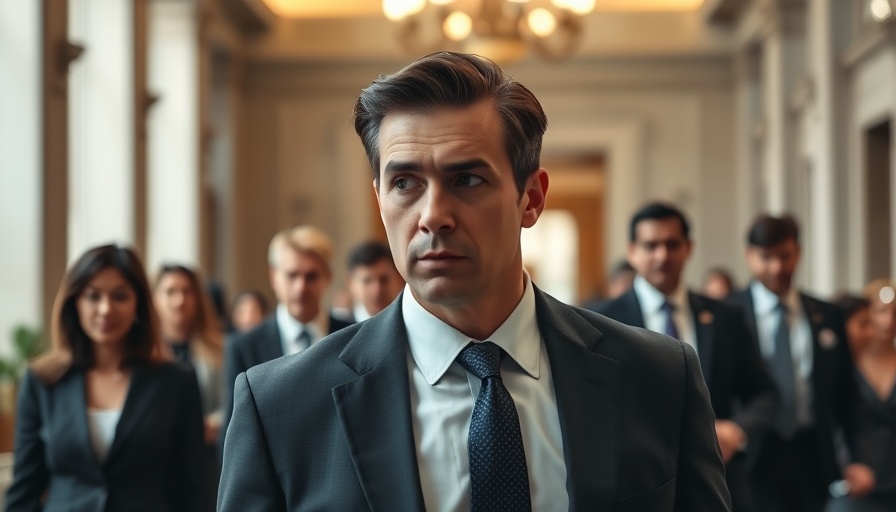
Remembering Medgar Evers: A Legacy of Courage and Justice
In Jackson, Mississippi, activists gathered to commemorate the 100th birthday of civil rights leader Medgar Evers, whose fight against racial injustice resonates powerfully today. Reena Evers-Everette, Medgar’s daughter, expressed a profound sadness over the ongoing political violence in America, declaring, "It’s painful. It’s very painful." This emotional reflection kicks off a broader discussion about how the past continues to echo through modern society, revealing uncomfortable truths about the current political landscape.
History Repeating: The Specter of Political Violence
More than six decades since Evers was assassinated, discussions surrounding political violence in America are increasingly relevant. Recent years have witnessed alarming parallels to the turbulence of the 1960s and 1970s. With high-profile violent incidents like the sniper attack on Minnesota state lawmaker Maria Sivak and attempted assassinations against political candidates, experts claim that we might be experiencing the highest levels of political violence since that turbulent era. This alarming trend raises serious questions about the resilience of democracy in the face of such strife.
A Gathering of Voices: Activism and Unity
During the four-day event titled Medgar Evers at 100: A Legacy of Justice, A Future of Change, voices of courage were amplified. Alongside Evers-Everette, Kerry Kennedy—daughter of Robert F. Kennedy—and Bettie Dahmer, the daughter of influential civil rights activist Vernon Dahmer, expressed their collective pain and commitment to ensuring that their fathers’ legacies are not forgotten. Their presence underscored the importance of unity in combating current political divisions.
Political Activism: Reflecting on Efforts to Honor Legacy
Keynote speaker Stacey Abrams, a two-time gubernatorial candidate from Georgia, highlighted the threats posed to historical memory. During her speech, she condemned the Trump administration’s attempts to strip names of civil rights activists from Navy vessels, stating, "They want to take his name off a boat because they don’t want us to remember how far he sailed us forward." This comment alludes to the importance of honoring historical figures as a means of inspiring future generations.
The Fight Continues: Making Sense of Modern Challenges
In a landscape fraught with political divide, Abrams also drew critical parallels between modern state actions against protesters and historical acts of violence. "Unfortunately, we cannot decry political violence and then sanction the sending of the Marines and the National Guard to stop protesters," she stated. Her perspective reflects a growing concern that the methods used to control dissent could ultimately undermine the very democracy that the United States was built upon.
Reflections on Pain and Healing
Evers-Everette and Kennedy poignantly shared their childhood traumas stemming from the violent deaths of their fathers. The emotional weight of their reflections highlights the long-lasting impacts of political violence on families and communities. Moreover, it raises critical dialogues about the necessity for healing and accountability in addressing the larger societal implications of such acts.
The Road Ahead: Building a Future Without Fear
As the conversation around political violence intensifies, it is vital for activists and community leaders to engage in open dialogues committed to fostering empathy and understanding. Recognizing the painful history is essential for crafting a better future, one where individuals can express dissent without fear of violence. The collective memory of leaders like Medgar Evers serves as a beacon of hope, reminding us that progress is built on the sacrifices of individuals dedicated to justice.
Conclusion: Embrace the Legacy
The 100th birthday celebration of Medgar Evers is not merely an event; it is a call to action for contemporary society to recognize its past. As we reflect on the painful echoes of political violence, let us strive to transform this pain into motivation for positive change. To continue honoring Evers' legacy, each person must engage in their community, amplify the voices of the marginalized, and demand accountability from those in power.
 Add Row
Add Row  Add
Add 




 Add Row
Add Row  Add
Add 

Write A Comment